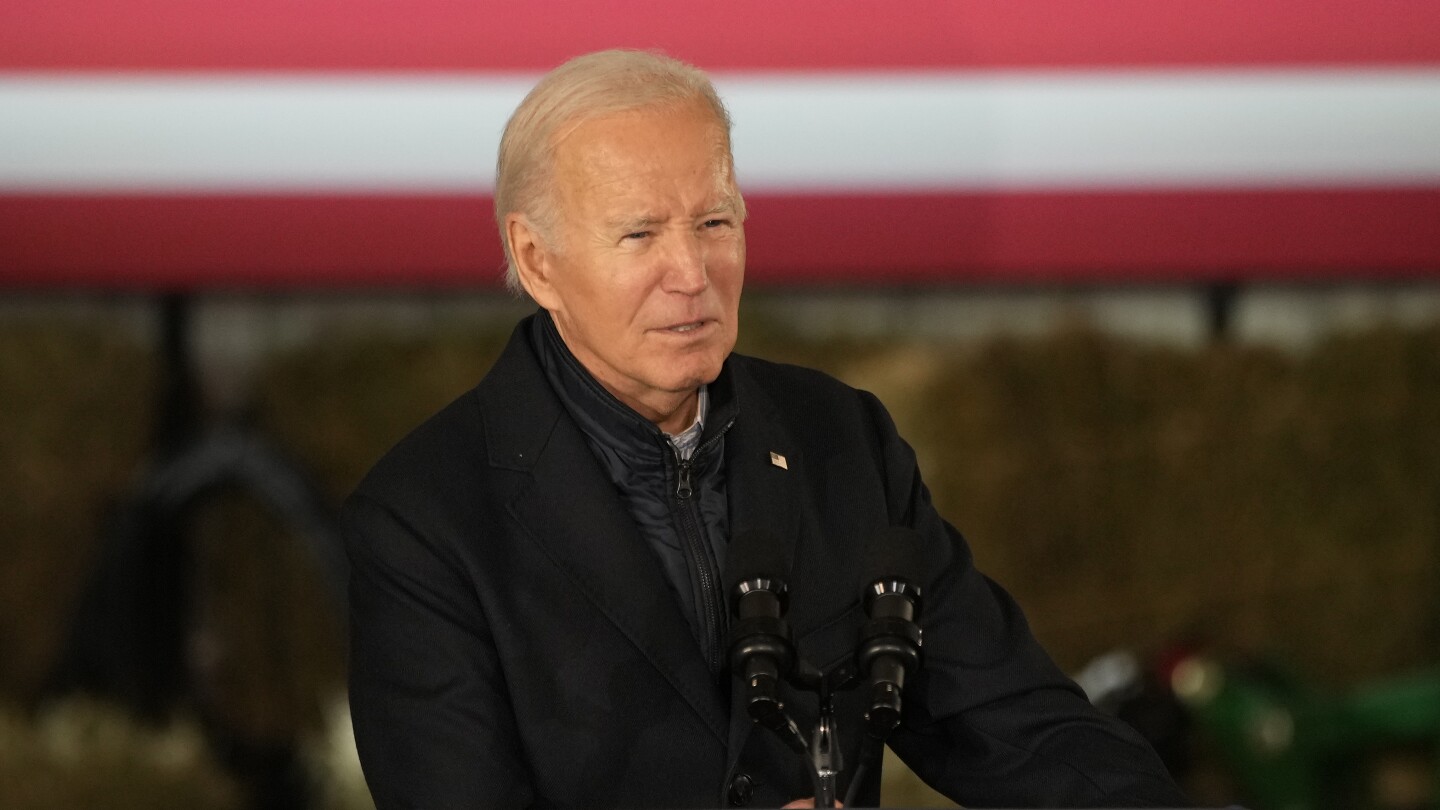President Joe Biden — perhaps the nation’s biggest Amtrak fan — is set to promote new federal investments for trains on the heavily trafficked Northeast Corridor.
The Democratic president is headed to Bear, Delaware, on Monday to announce more than $16 billion in new funding that will go toward 25 passenger rail projects between Boston and Washington, the White House says. Bear is located about 12 miles (20 kilometers) from Biden’s home of Wilmington.
His remarks will be held at the Amtrak Bear Maintenance Shops, where trains are maintained and repaired. The investments, the White House says, will help trains run faster, cut delays and create union jobs.



I’m going with “size doesn’t matter” here; it’s all politics. On the one hand we have a political requirement that all these long distance routes be kept running, even if they’ll never be viable, never be funded adequately. But on the other hand most of the population is in urban/suburban areas that could be effectively served by good rail service. We don’t have the political will power to create good rail service where it’s most effective, most needed, but we do waste money on bad rail service where it will never be effective
I’m not buying this, since the tracks and right of way used to exist. Yes it’s really expensive to acquire now, and that’s going to happen since centers of population change but you can’t use this as an historical reason, because historically we had a lot more train service.
Yeah I’d love to take a train from Ohio to California if it didn’t take longer than the greyhound for more money than a plane ticket. At our size low speed long distance passenger rail is unwanted. But I think a lot of people would be comfortable with a 1-2 hour ride from Cleveland to Chicago and another hour or two to St. Louis, and so on until they’re in California by the end of the day or so. And it should be subsidized to allow it to compete with the heavily subsidized highway and air systems.
Don’t get me wrong, I’d also love to take long distance train rides and believe it more than worthwhile to build them all up to modern high speed lines. Some services are worth more than immediate profit/loss.
However the reality is long distance lines will never have high ridership, never be profitable, so it is disingenuous to require those lines while claiming rail never makes a profit.
We need to make a decision and stick with it:
— is good train service a societal good that benefits us all over the long term, in which case the long distance lines deserve better funding, along with the entire system ?
— Or do we focus on profit/loss, in which case we need to close the long distance lines, the connectivity to to less populated towns, small cities, counties, entire states, the integration to bring our country together, in favor of greatly increased inter-city rail where it is most needed, most effective and can be profitable by serving half the population in the highest population areas?
I believe it’s a public good and we deserve it regardless of profit. Just like mail. Though I think prioritizing high population areas is worthwhile in part due to the fact that it will help fund the unprofitable bits.
But the current air travel system cannot be sustained long term. Whether by willful decarbonization or by lack of oil in the ground airplanes will have to move towards alternative fuel sources. On one hand there’s hydrogen but I’m a huge supporter of using rail as a more efficient and affordable solution if we build the infrastructure in.